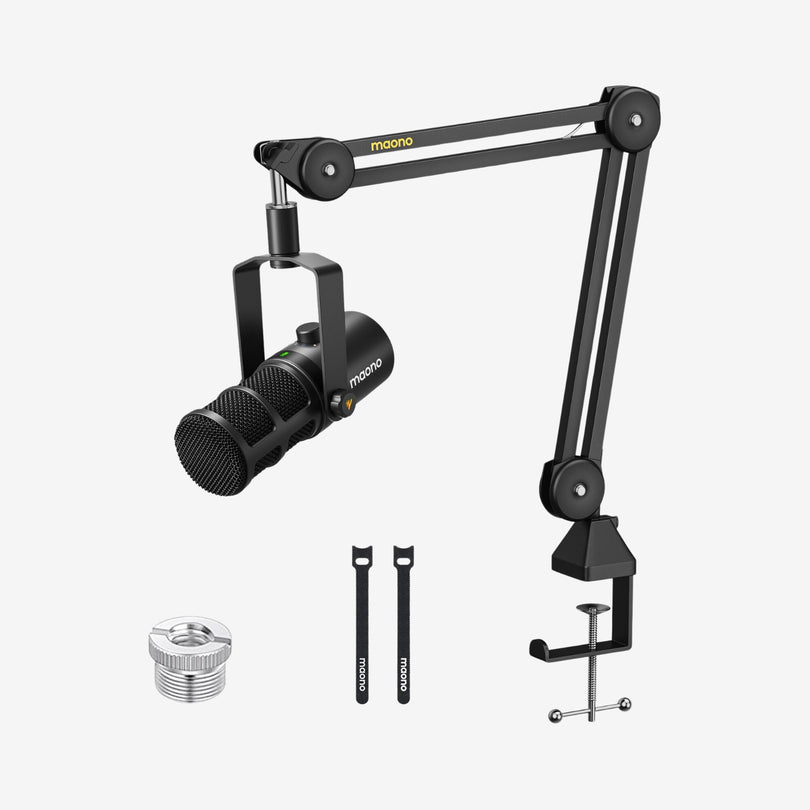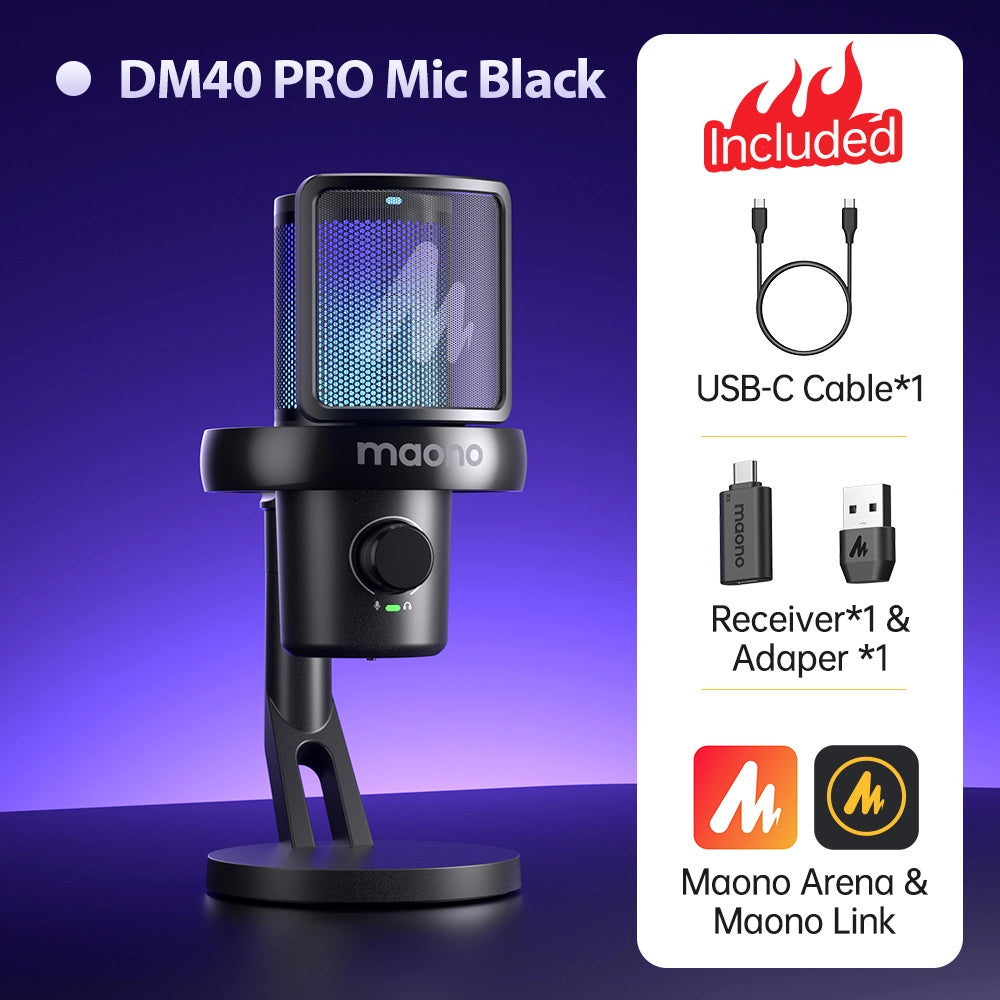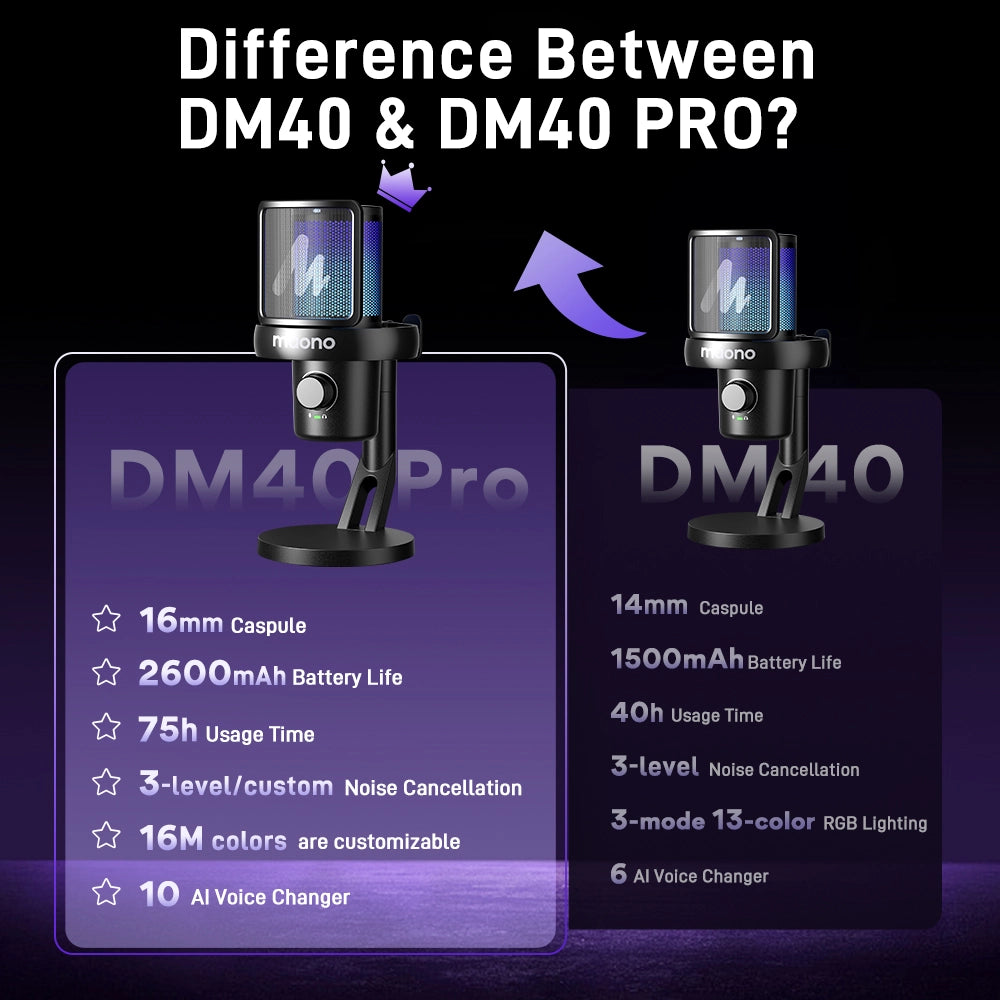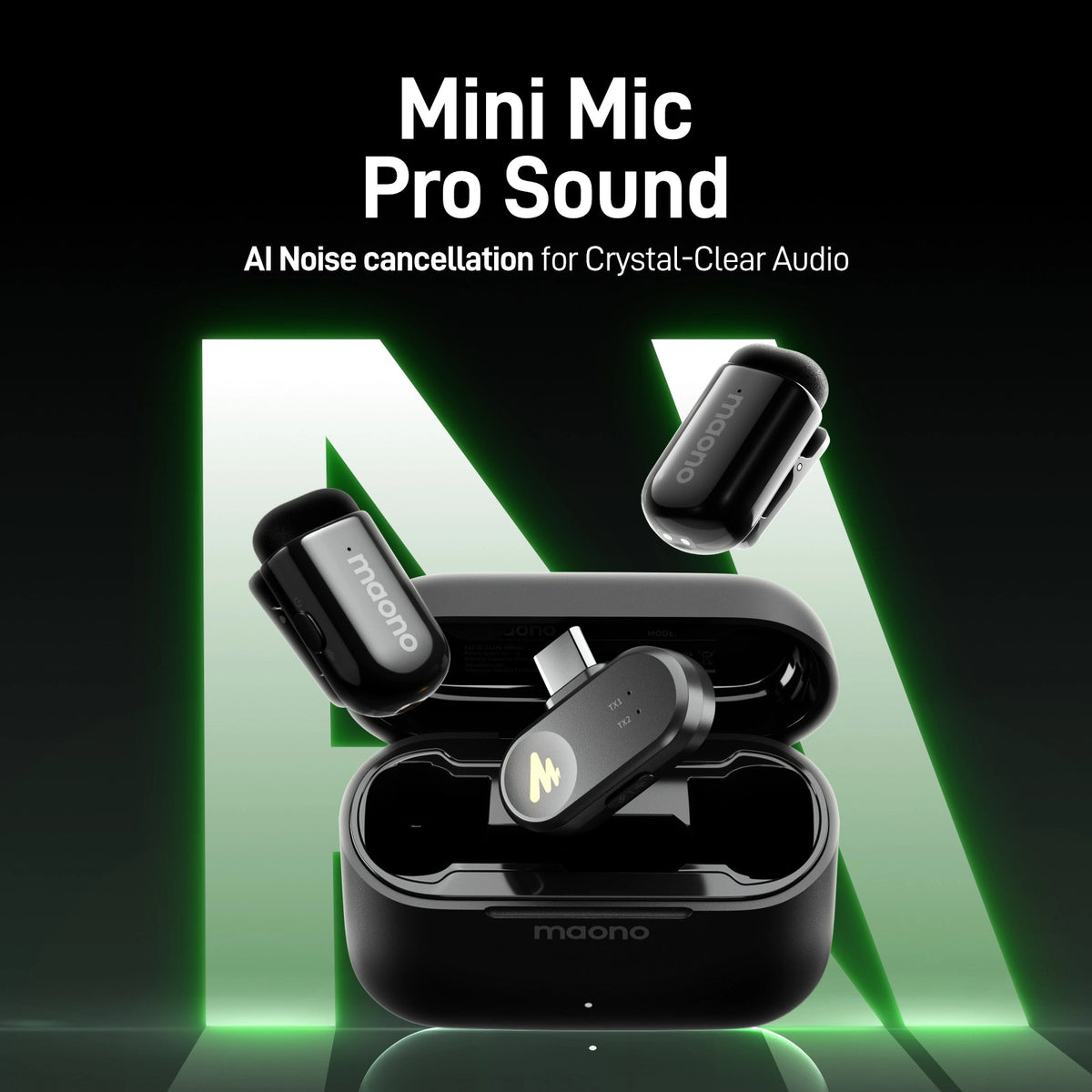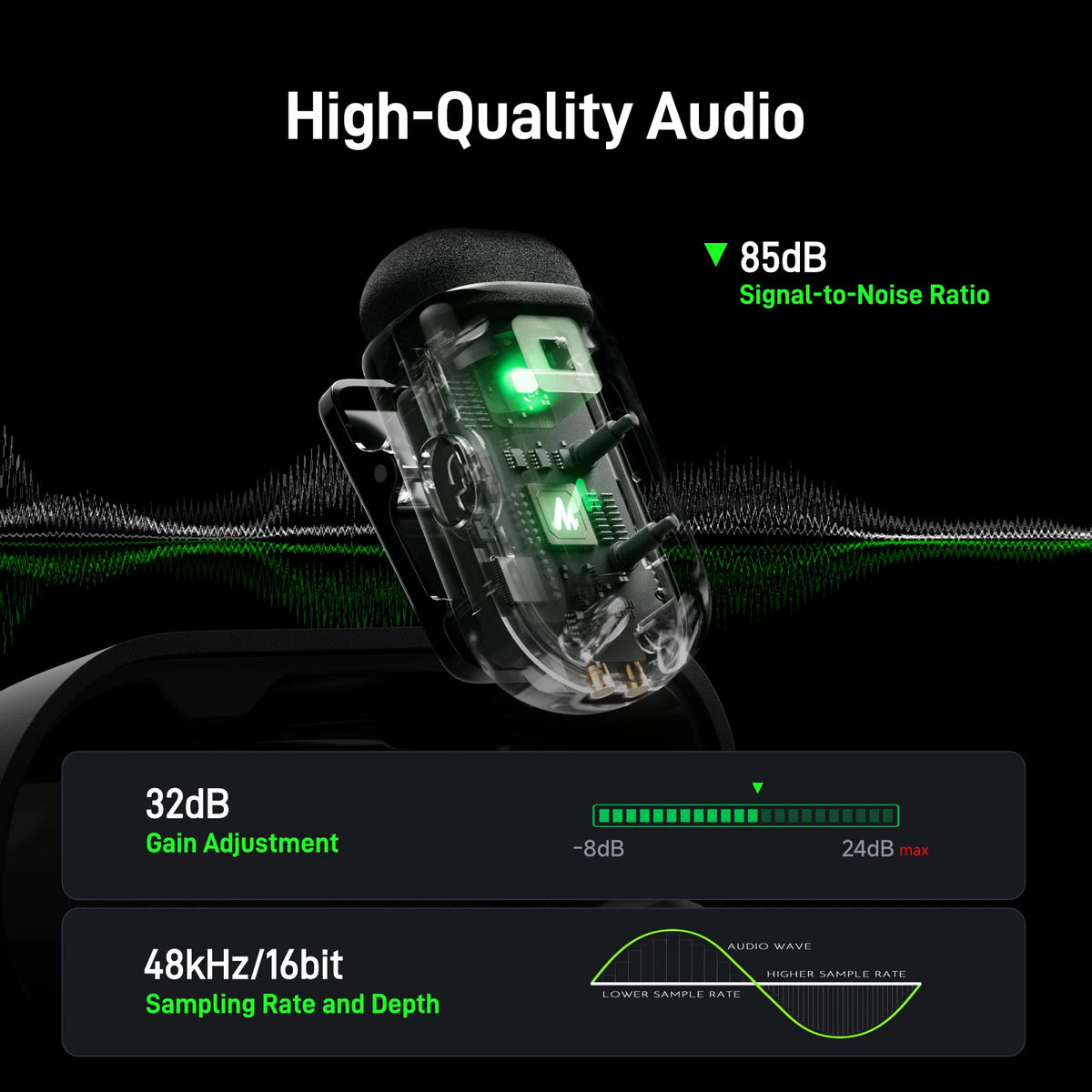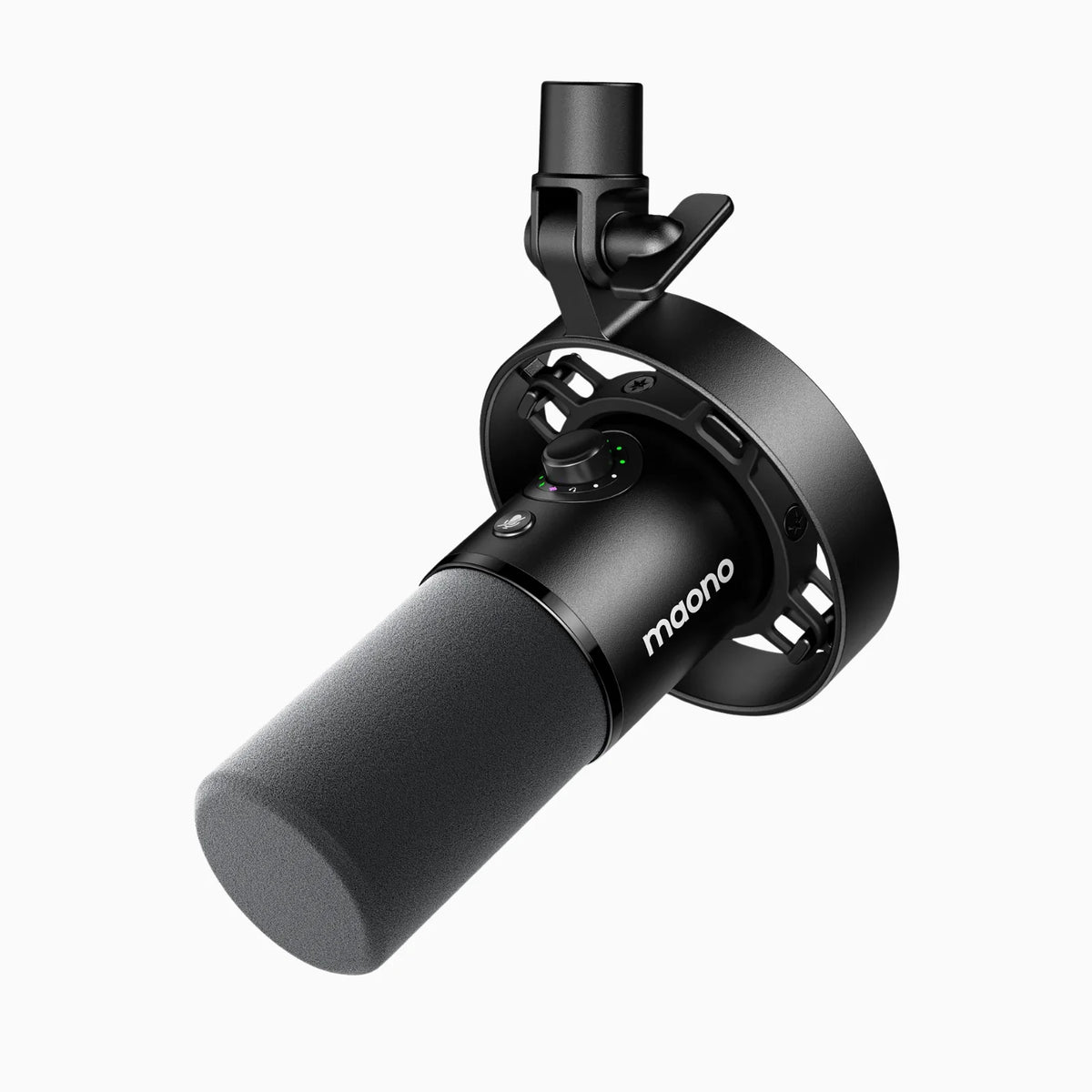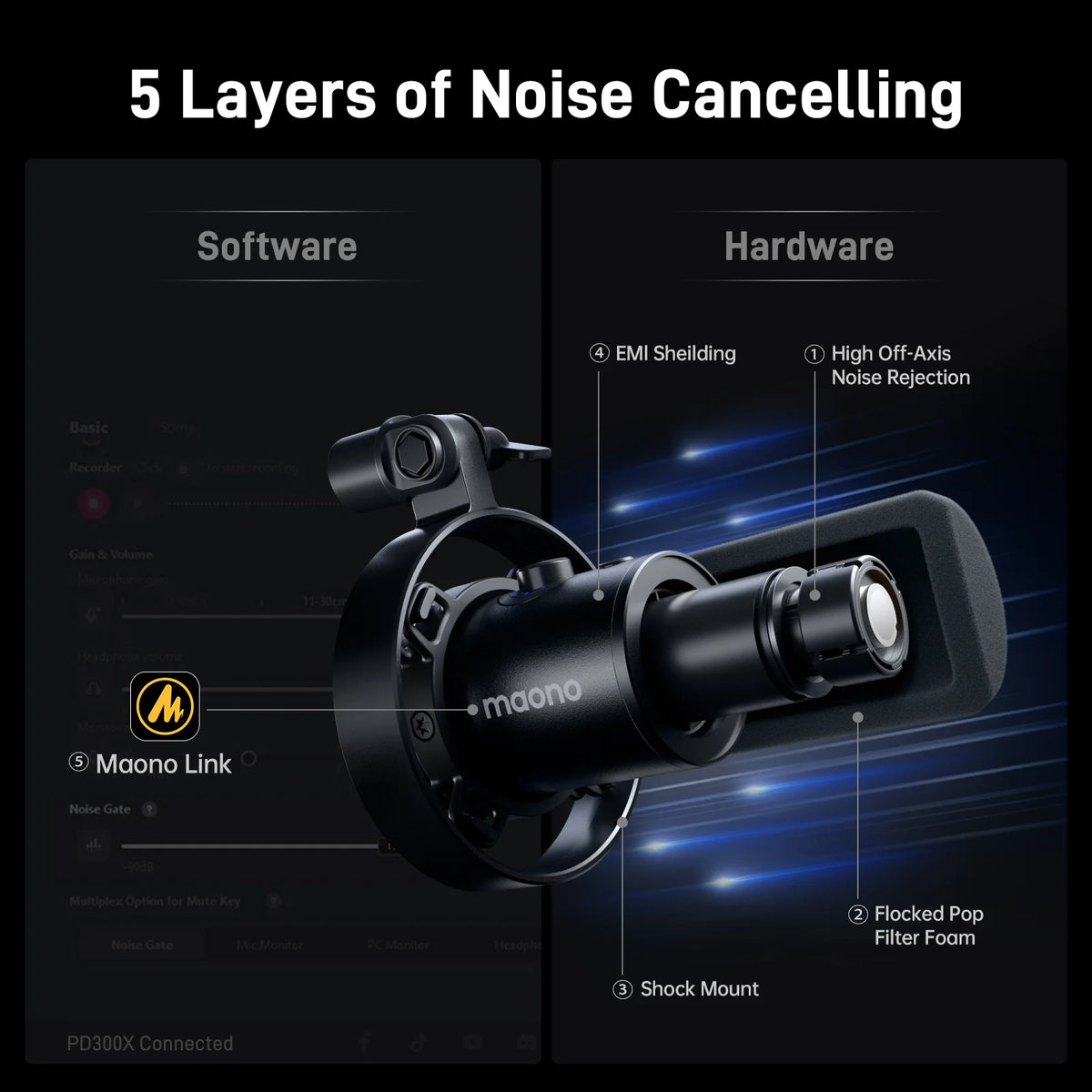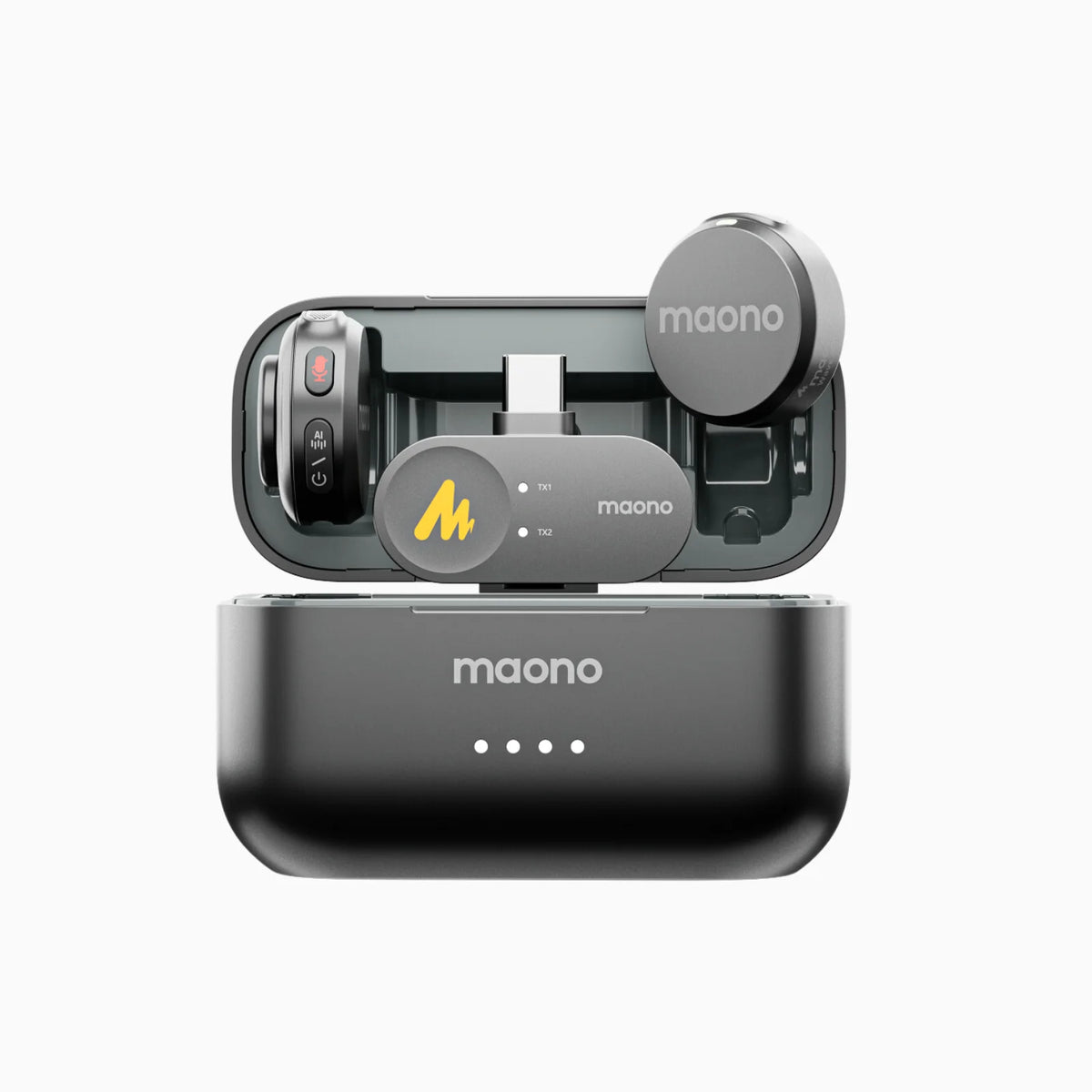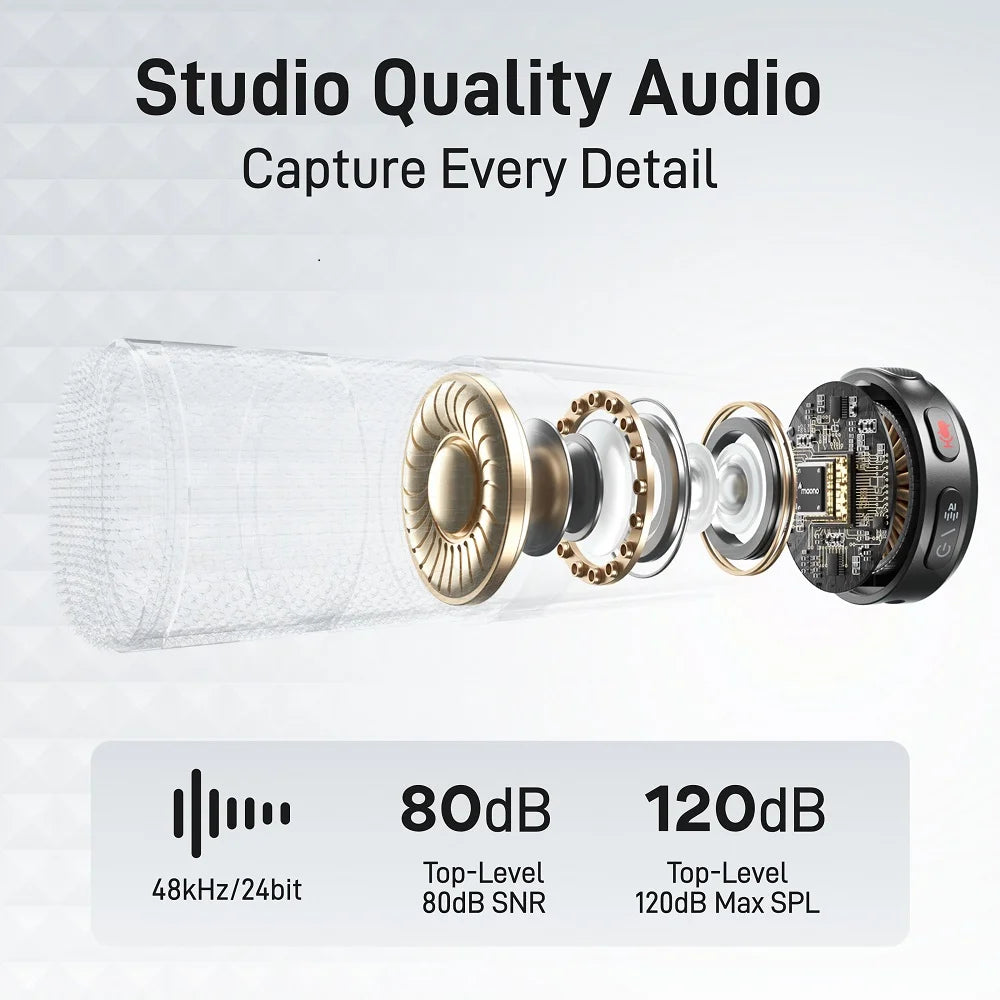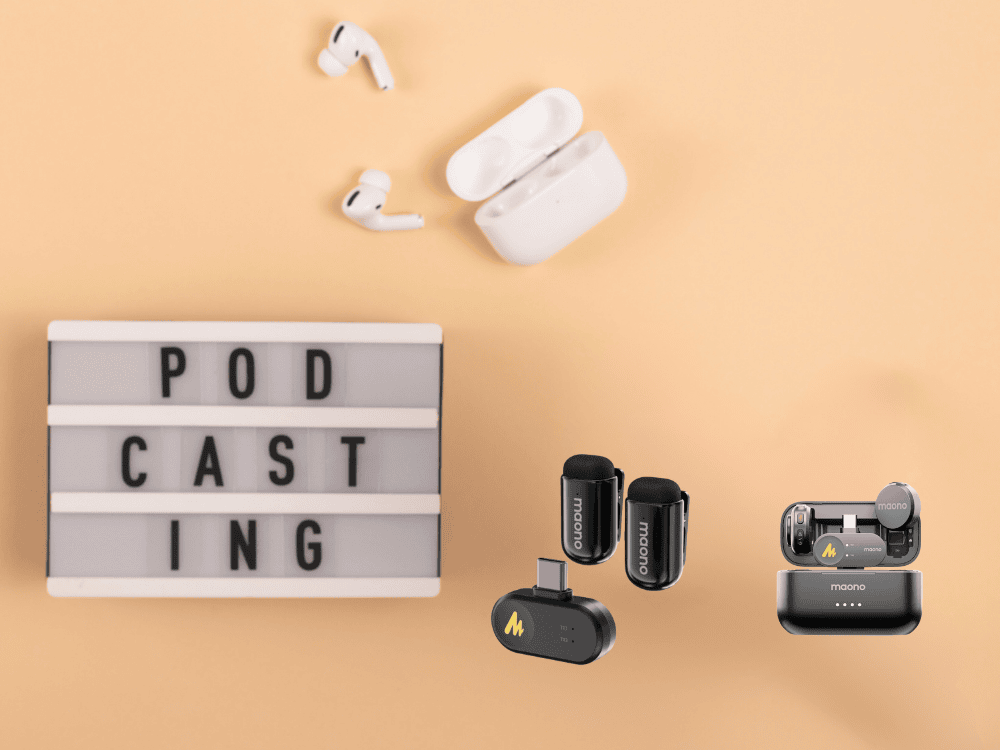Are you launching a podcast but tired of unwanted noise ruining your audio? A podcast soundproof kit could be the game-changing solution you need. The correct soundproofing materials can turn your home studio into a professional-sounding facility, regardless of external noise such as the traffic outside or reverberation within your recording area. Let's explore the top kits and reasonably priced choices to guarantee that your podcast sounds flawless in 2024!
In podcasting, clear audio quality is important for keeping your audience engaged. Ambient sounds, such as automobiles driving by or a barking dog, can easily take attention away from your topic and make it more difficult for listeners to concentrate on what you are trying to say. This is where soundproofing comes in. A reliable podcast noise reduction kit enhances the acoustics of your recording area and helps get rid of extraneous noise, guaranteeing a more polished and professional end product. Investing in the appropriate podcast soundproof kit is crucial to generating high-quality audio in 2024, regardless of whether your podcast studio is being set up at home or in a designated area.
How to Soundproof a Room for Podcasting?
Improving the room's acoustics and reducing outside noise are the first steps in soundproofing a space for podcasting. While the room's poor acoustics cause echo and reverberation, external noises come from nearby traffic, buildings, and other sources. The following procedures will help you soundproof a space for podcasting:
-
Sealing Gaps and Cracks
Ensuring windows, doors, and other openings are securely sealed is one of the most affordable ways to keep out outside noise. To seal off any openings that let sound seep in, use acoustic caulking, door sweeps, and weatherstripping.
-
Install Acoustic Panels
By absorbing sound waves, these fiberglass or foam panels lessen reverberation and echo. To provide the best possible sound quality, they can be carefully positioned on walls, particularly close to the microphone.
-
Add Rugs, Curtains, and Bookshelves
While soft materials absorb sound, hard surfaces reflect it. It is possible to reduce noise in a space by adding furniture such as bookshelves, thick curtains, or even rugs.
-
Consider Using a Portable Isolation Booth:
A portable voice isolation booth can provide a temporary solution if you're podcasting in a noisy setting by enclosing your microphone in a tiny, soundproof area.
What Are the Best Soundproofing Materials for Podcasts?
The most effective soundproofing techniques incorporate both podcast room acoustic treatment and noise reduction. Podcast soundproofing materials vary in terms of affordability and effectiveness. The ideal option is to choose affordable podcast soundproofing solutions, and these are some of the best soundproofing materials that offer effective noise reduction for podcasts:
- Use Acoustic Foam Panels: These foam panels are great for eliminating echo in a recording environment, lightweight, and simple to install. They are available in a variety of shapes, including wedge, egg crate, and pyramid, to suit different design tastes.
- Bass Traps: Bass traps target lower frequencies that can produce a "boomy" sound, but acoustic foam panels are excellent for high and mid-range frequencies. For creating a well-balanced recording environment, these are perfect.
- Mass Loaded Vinyl (MLV): MLV is a useful material for soundproofing walls since it effectively filters outside noise. This thick substance is frequently placed in between drywall layers to improve sound absorption in the space.
- Soundproof Curtains: Not only do these thick, multi-layered curtains prevent light, but they also lessen echo in the space and outside noise. They work well as room separators in larger areas as well as covering windows.
- Soundproofing Blankets: Soundproof blankets, which are made of thick fabrics, can be used to block sound by hanging them over windows, doors, or walls.
- Acoustic Diffusers: These can be useful in bigger recording settings as they spread sound waves instead of absorbing them.
- Carpet and Rugs: A thick rug on the floor can assist reduce sound reflection for podcasters on a tight budget.
How to Use a Podcast Noise Reduction Kit?
A podcast noise reduction kit typically comes with acoustic panels, foam wedges, and sometimes bass traps. Here's how to set up and use a noise-reduction kit:
- Positioning the Panels: Arrange the acoustic foam panels on the walls precisely across from where you want to record, paying specific attention to the areas behind the microphone and the corners. This lessens the echo and reflection of sound.
- Install Bass Traps in Corners: Bass traps can be placed in corners to assist balance the sound because bass frequencies like to gather there.
- Check Door and Window Seals: To stop outside noise from entering, install weatherstripping or use soundproofing tape on windows and doors.
- Create a Mini Sound Booth: A small sound booth with foam panels surrounding the microphone can help podcasters on a tight budget or in cramped areas by isolating their voice and cutting down on outside noise.
Where to Get and Buy a Reliable Podcast Recording Equipment?
When it comes to buying soundproofing kits and podcast recording equipment, several online retailers and specialty stores offer a wide range of products:
- Amazon: Known for its variety, Amazon offers both affordable and premium soundproofing options, ranging from acoustic foam panels to full soundproofing kits.
- Guitar Center: For more specialized recording equipment, Guitar Center provides soundproofing solutions tailored to musicians and podcasters alike.
- Maono Official Store: Maono, a brand recognized for its podcasting gear, offers affordable soundproofing kits and podcast recording equipment/bundles.
- B&H Photo Video: A reliable source for both professional and budget-friendly podcast gear.
Best and Affordable Podcast Soundproof Kits for 2024
1. Maono PD100 and AME2 Podcast Soundproof Kit

- Description: The Maono PD100 dynamic microphone, paired with the AME2 audio interface, provides podcasters with excellent sound clarity and control, while the kit’s noise reduction features help minimize ambient noise. The AME2 includes sound effects and voice-changing functions, making it perfect for dynamic and creative podcast production.
- Price: Approximately. $149.99
- Pros: High sound quality; Integrated effects and soundboard for creative control.
- Cons: Limited to dynamic microphone sound; Not ideal for large recording spaces.
2. Maono PD200X and AMC2 Neo Podcast Starter Kit

- Description: The Maono PD200X, a USB/XLR hybrid microphone, combined with the AMC2 Neo interface, offers flexibility and high-quality audio for podcasters. The kit also includes soundproofing elements such as acoustic panels for reducing echo and enhancing room acoustics.
- Price: Approximately $220.99
- Pros: USB/XLR dual compatibility; Comes with soundproofing accessories.
- Cons: Requires some technical setup; Price point may be high for beginners.
3. Auralex Acoustics Studiofoam Panels
- Description: Known for high-quality acoustic treatment, Auralex offers affordable foam panels that reduce room echo and improve vocal clarity. This kit includes enough panels to cover a small podcast studio.
- Price: $99.99
- Pros: Professional-grade soundproofing, effective in small spaces.
- Cons: Requires installation, not suitable for blocking heavy external noise.
4. TroyStudio Portable Sound Booth
- Description: For podcasters on the go, this portable sound booth offers a soundproofing solution that isolates your voice from external noise. It’s compact and foldable, making it easy to set up anywhere.
- Price: $59.99
- Pros: Portable, affordable, quick setup.
- Cons: Limited coverage, only effective for voice isolation.
5. JBER Acoustic Panels (12-pack)
- Description: A budget-friendly option, this pack of 12 acoustic foam panels is perfect for podcasters who want to cover a larger area without spending too much. These panels effectively reduce echo and reverb.
- Price: $29.99
- Pros: Inexpensive, easy to install, good for home studios.
- Cons: May not provide full noise isolation.
FAQs
1. How important is soundproofing to the quality of your podcast recordings?
Improving the audio quality of podcasts requires soundproofing. It ensures that your voice is clear and professional by assisting with the removal of undesirable background noise as well as echo and reverberation. Unusual noise levels in poorly soundproofed spaces can cause annoying noises that make it difficult to listen to your podcast.
2. What kind of soundproof materials are preferred (foam panels, blankets, etc.) in home studio recording?
Acoustic foam panels and soundproof blankets are common options for home studio recording. Acoustics can be greatly enhanced and echoes reduced with foam panels, and outside noise can be blocked with soundproof blankets. Another helpful tool for balancing low-frequency noises is bass traps.
3. How easy or difficult was it to install a podcast soundproof kit?
The ease of installation of a soundproof kit for podcasts can vary according on the materials used. While installing foam panels using adhesive strips is usually simple, more complex arrangements, such as mass-loaded vinyl or bass traps, may call for additional tools and effort.
Conclusion
Investing in a podcast soundproof kit is a game-changer for creating professional, high-quality recordings in 2024. From affordable acoustic foam panels to complete podcast bundles, there are plenty of options to suit every budget and recording space. By understanding the importance of soundproofing and selecting the right materials, you can significantly improve your podcast's audio quality, making it more enjoyable for your listeners. Whether you're a beginner or an experienced podcaster, the right soundproofing solutions will help you elevate your podcast to the next level.
Related Readings:
The Best Podcast Bundle Equipment Kits for Budget & Pro Use
Mic Pop Filter Essentials: Tips, Best Picks & FAQs for Podcasters


